Chinese ‘spy’ Liqiang Wang loses visa appeal
>
Chinese ‘spy’ who tried to defect to Australia claiming he would reveal Beijing’s spy secrets is denied a visa despite fears for his safety if deported
- A man who sensationally claimed to have done spy work for China was denied a visa
- Asylum seeker Liqiang Wang spread stories of high-level spy work
- Court denies him visa for committing fraud despite admitting that he is in danger
A self-confessed spy from Beijing who sensationally appeared on national television to expose the extent of China’s overseas spying activities has been denied the right to stay in Australia.
Liqiang Wang, 32, lost his refugee asylum appeal after a court ruled he had committed serious fraud against an Australian citizen.
This leaves the Chinese national open to deportation despite the fact that the court said Mr. Wang had “well-founded” fears of what could happen if he returns to his homeland.
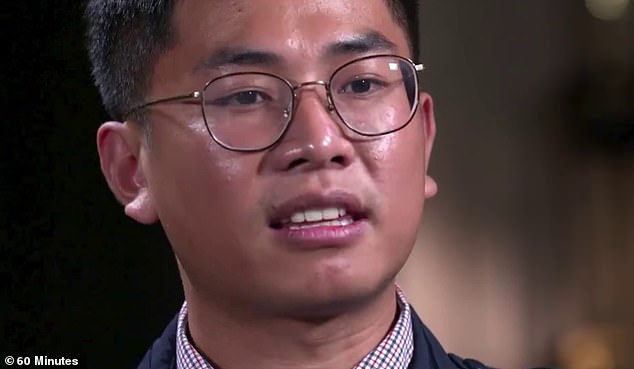
Liqiang Wang, who came out as a spy for China on Channel Nine’s 60 Minutes in 2019, lost his bid to stay in Australia.
Wang appeared on Nine’s 60 Minutes in 2019 to portray himself as a Chinese operative tasked with working undercover in Hong Kong and Taiwan to further Beijing’s interests.
During his media appearances, Wang said he met with the head of Chinese spy operations in Australia, who he said worked in the energy sector, and passed a file to ASIO detailing his activities and what he knew about the network. spy office in Beijing.
Despite Wang’s claims that he would be killed if returned to China, immigration officials refused to convert his tourist visa to a refugee one due to alleged fraud committed against Sydney businessman Filip Shu.
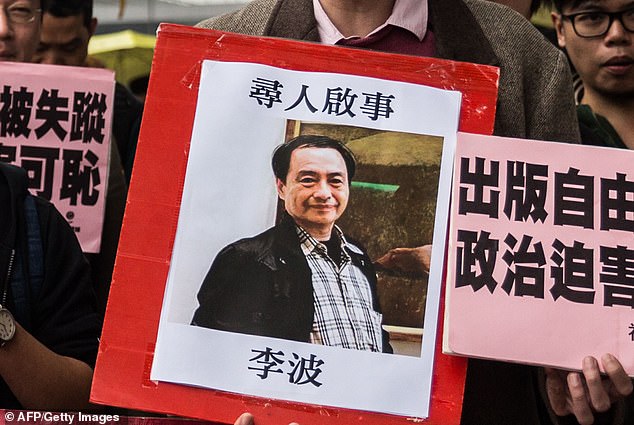
Wang claimed he was involved in the kidnapping of Hong Kong bookseller Lee Bo (depicted on a banner held up by a protester) in 2015 for selling works that were disliked by the Chinese Communist Party.
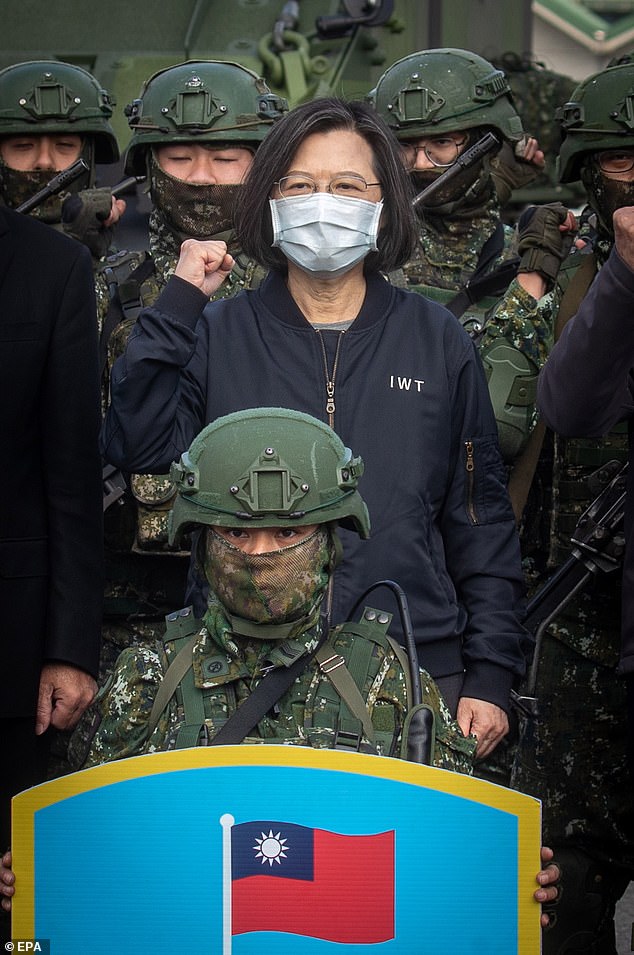
Taiwan President Tsai Ing-wen was targeted by Chinese spies who tried to stop her election, according to Wang.
The Australian Court of Appeal has upheld that decision, the daily telegraph reports.
Wang has been living with his wife Mia, who is studying in Australia, and the couple’s young son in Sydney.
The Daily Telegraph reported that there was no sign of the family when they visited the address this week.
Beijing has always denied Wang’s claims and says he is wanted on fraud charges in Shanghai, though the international police agency Interpol has yet to issue an arrest warrant despite requests from China.
Wang said that, as a Chinese undercover agent, he was involved in the kidnapping of Hong Kong bookseller Lee Bo in 2015 for selling works that displeased the Chinese Communist Party.
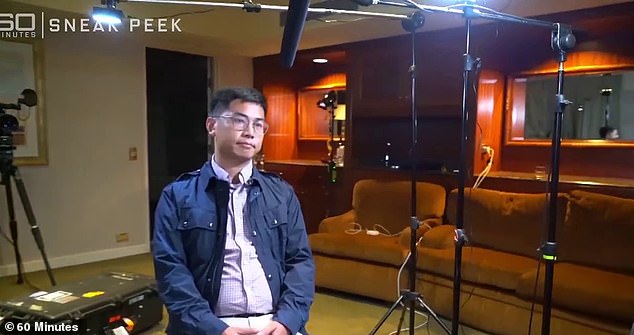
Mr. Wang was denied a refugee visa because immigration officials discovered that he committed serious fraud against an Australian businessman.
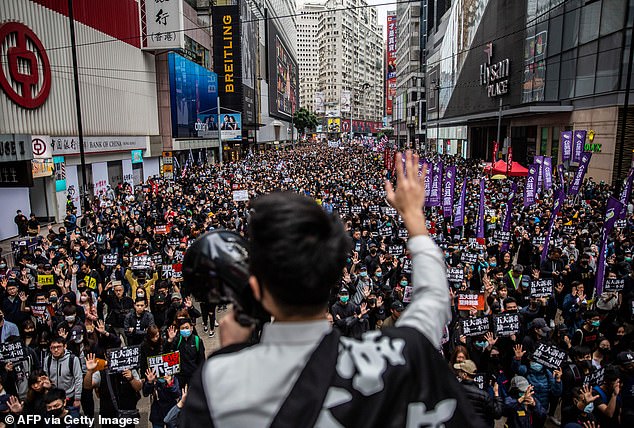
Wang said his spy job was to undermine the Hong Kong democracy protests, seen here in 2020.
While Mr. Bo appeared on mainland Chinese television to say that he went there of his own free will, other booksellers who were attacked and kidnapped at the time say that is not the case.
Wang said his other activities in Hong Kong included infiltrating universities, stealing military intelligence and weapons while undermining the strong democracy movement at the time.
In Taiwan, Wang said he carried out orders from Beijing to rig the election results and embezzle public assets to undermine Tsai Ing-wen’s anti-China presidency.
Want also alleged that China attempted to elect an agent to the Australian parliament, whom he identified as 32-year-old Bo “Nick” Zhao.
Weeks later, Zhao was found dead in a hotel room after allegedly telling ASIO that he had been approached by a Chinese government agent about running for parliament and offered funding.
